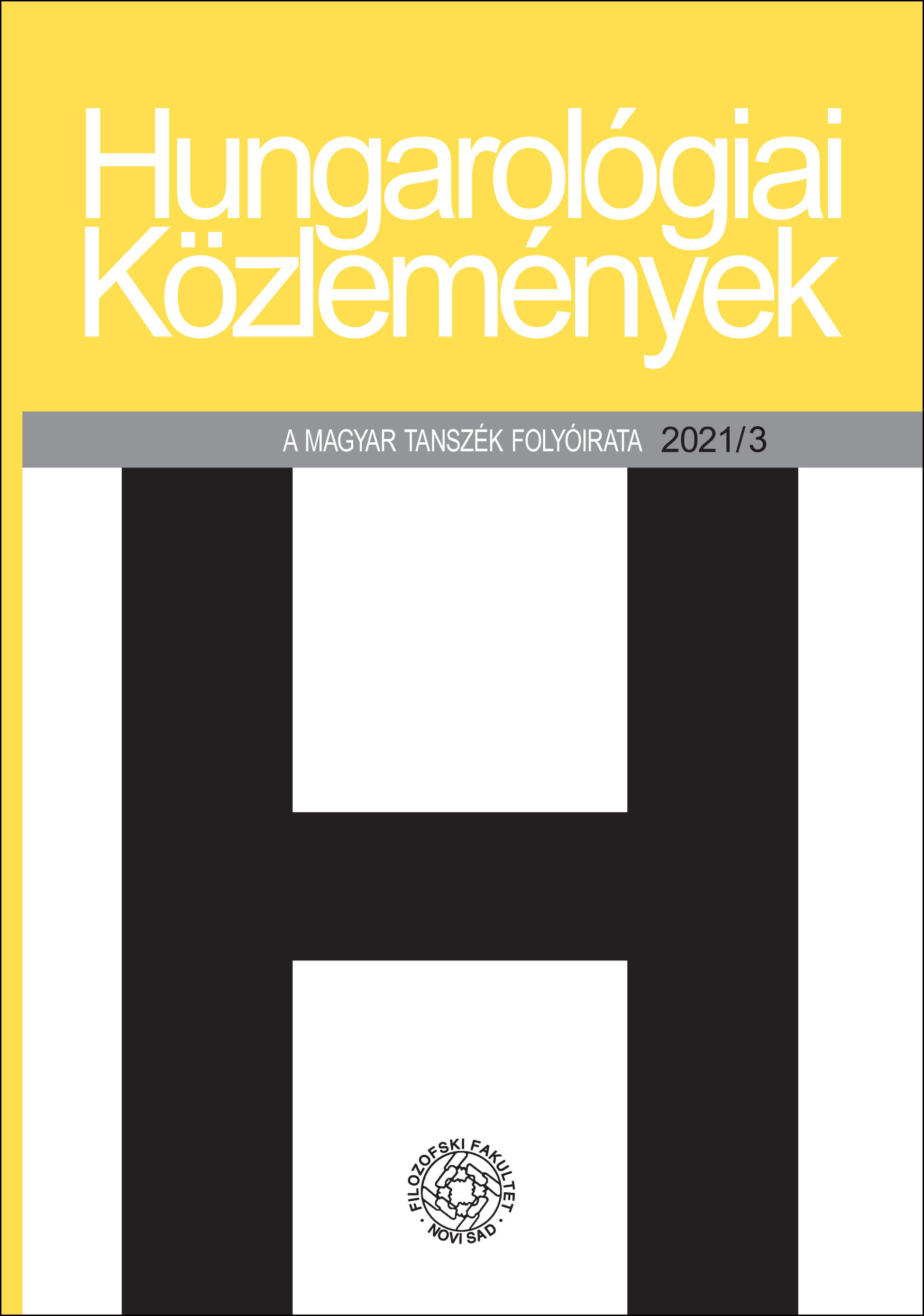A populáris irodalom helye és szerepe az olvasás- és élményközpontú irodalomtanításban
The place and role of popular literature in teaching reading-and experience based centered literature
Discussion on the relationship between the digital learning environment and popular literary works
Author(s): Dávid Kiss, Zoltán SzűtsSubject(s): Studies of Literature, School education
Published by: Филозофски факултет, Универзитет у Новом Саду
Keywords: literature teaching; popular literature; immersion; reading from the reading; social media
Summary/Abstract: In the teaching of Hungarian literature, the amount of text to be processed by students is large and the time available is short. Students often leave with superficial or ready- made reading interpretations, or in worse cases with memorized plots of the texts. Therefore, one of the main aims of teaching literature is not achieved. It does not prepare students to develop an independent interest in contemporary literature as adults, through which they can understand many social processes. Teaching popular literature is a more effective mean of promoting the literacy objective in schools. The changing technological environment is also working against the teaching of canonised works. Reading from a screen has become part of everyday routine, now offering a high level of immersion. Digitalisation, networks, the web and social media are also increasingly encouraging learners to live their daily lives, communicate and consume content through the screen. As a consequence, very different reception strategies can be observed between rigid, linear, classical texts and hypertext with links that can be read from the screen. This study argues that we cannot bridge this technological gap in the teaching of literature, but we can enhance the experiential nature and effectiveness of literature teaching by incorporating popular literary works into literature teaching, bringing them closer to the world of the screen and thus creating a living, breathing link between the curriculum and leisure.
Journal: Hungarológiai Közlemények
- Issue Year: 22/2021
- Issue No: 3
- Page Range: 62-75
- Page Count: 14
- Language: Hungarian

